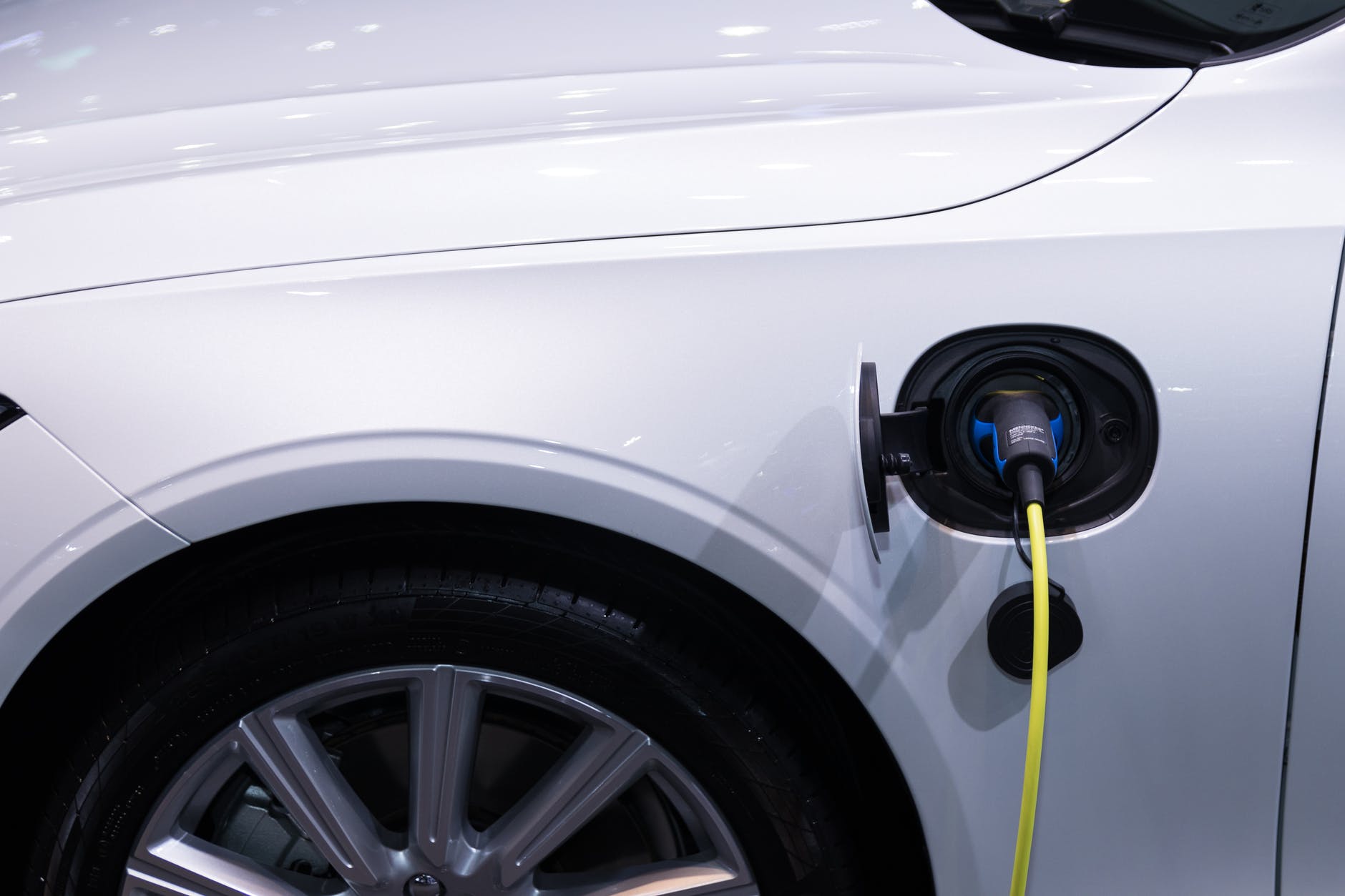With the soaring Climate change challenges, the E-vehicles are an excellent way to contribute to the environment. According to the IEA, India emits three gigatonnes of greenhouse gases every year. Switching to E-vehicles is an effective way to reduce greenhouse gas emissions into the atmosphere. In this article, You will discover the market of E-vehicles in India and how it benefits the country.
Scope of E-vehicles in India
The global electric vehicle market appears to grow at a CAGR of 26.8 percent from 4,093 thousand units in 2021 to 34,756 thousand units by 2030. India has already expressed a strong desire to play a significant role in this automotive paradigm shift. In addition, India has already expressed a desire to become the world’s largest hub for electric vehicles in the future as E-vehicles seem a promising option by the industry leaders.
Besides environmental advantages, electric vehicles have Other valuable benefits such as autonomous driving, personalized smart assistance solutions, and 5G embedded next-generation technologies. Electric cars, on the whole, have significantly lower operating costs than conventional internal combustion engines. Electric vehicles, on average, are 75-80 percent less expensive in terms of fuel and maintenance, resulting in lower maintenance costs.
The current trajectory of adding even more cars that run on expensive imported fuel and clog up already overcrowded cities plagued by infrastructure bottlenecks and severe air pollution is unsustainable. Electric mobility is a promising global strategy for decarbonizing the transportation sector. India strongly requires a transportation revolution in the form of E-Vehicles.
Benefits of E-vehicles in India:
1) Reduces Noise pollution:
India has the noisiest cities. Studies suggest that Noise pollution can affect mental health. E-vehicles are naturally quieter than conventional vehicles. It makes them an efficient alternative to reduce noise pollution in India.
2) Low Maintenance costs:
Electric cars use electrically powered engines, so there is no need to lubricate the engine or perform a slew of other maintenance tasks that are typically associated with a gas engine. Other expensive engine work is no longer necessary. As a result, You can save the maintenance cost for these vehicles. It makes it the best alternative for conventional automobiles in developing countries like India.
3) The Best way to Combat Fuel-hike:
Elevated tax levels play a crucial role in price hikes in India. With the price hike, it is challenging for everyone to utilize vehicles. With E-vehicles, You no longer have to worry about the fluctuations of fuel prices. You can effortlessly run an E-vehicle with a few hours of charging.
4) Environment-Friendly:
EVs emit significantly less pollution over their lifetime than vehicles powered by fossil fuels, regardless of the source of the electricity. EVs are far more environmentally friendly than the conventional gasoline-powered vehicles that currently dominate the market. It also contributes to the preservation of natural resources.
5) Tax benefits:
Switching to E-vehicles is not just good for the environment but is also great for your finances. The Indian government has offered some tax benefits for people switching to E-vehicles. Purchase of an electric vehicle will not only save you money on income taxes, but it will also save you money on GST, as the government has reduced the amount from 12% to 5%.




